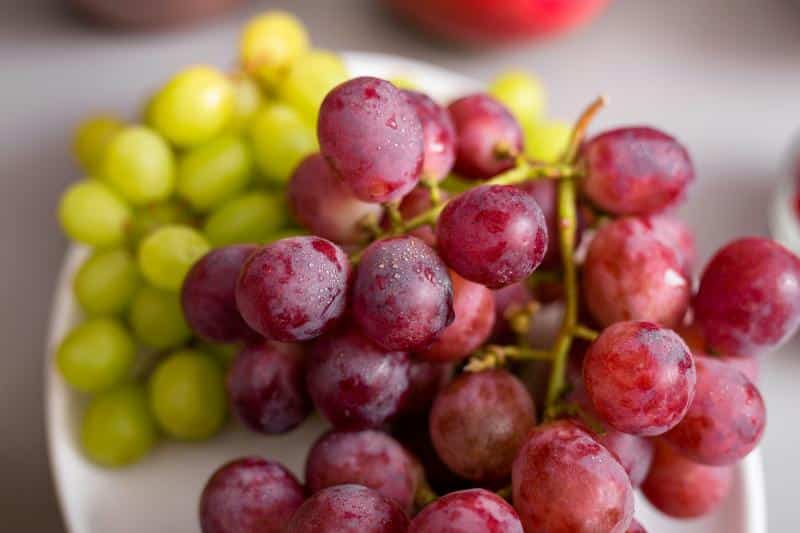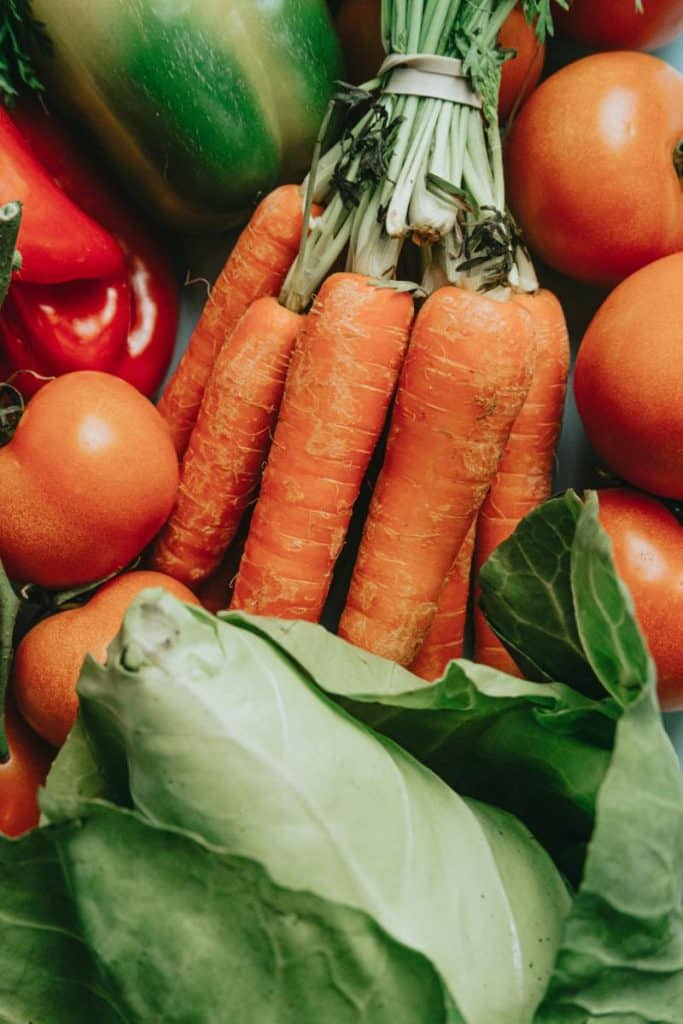Organic food has steadily gained popularity over recent years, sparking a crucial discussion about the impacts of our food choices on health, the environment, and agricultural practices. Consumers are becoming more mindful of what they eat and the potential long-term effects of consuming foods laden with pesticides, herbicides, and synthetic fertilizers. In this article, we delve into the myriad benefits that organic foods bring to the table—from nutritional advantages and reduction of health risks to the promotion of a sustainable and biodiverse ecosystem, setting the stage for a comprehensive understanding of why organically grown produce might just be worth the extra penny.

Nutritional Content of Organic Foods
Organic foods often boast higher levels of certain nutrients compared to their conventionally grown counterparts. Studies have suggested that they contain greater concentrations of antioxidants, Vitamin C, and mineral content due to the soil-conserving methods used in organic farming.
Moreover, because they are not treated with growth hormones or antibiotics, organic foods come with a reduced risk of harboring drug-resistant bacteria, which could have significant implications for public health. Consumers who choose organic can potentially reduce their exposure to these substances.
The emphasis on the non-use of synthetic pesticides or fertilizers in the production of organic food also means fewer chemicals in your diet. This can be particularly beneficial for people with allergies or sensitivities, as the absence of these substances can alleviate some health symptoms associated with their conditions. From organic barn laid eggs and organic chicken to fruits, vegetables, grains, and dairy products, these healthful options could be an essential part of a nutritious diet. It is important to note, however, that organic foods do not necessarily mean a complete lack of pesticides.
Environmental Impact of Organic Farming
Organic farming practices aim to reduce pollution, conserve water, reduce soil erosion, and use less energy. By not using synthetic pesticides and fertilizers, organic farmers help protect freshwater supplies and foster a healthier ecosystem.
Furthermore, organic farming encourages biodiversity. This is achieved through crop rotation, companion planting, and the use of predatory insects instead of chemical insecticides, thereby aiding pollinator health and maintaining diverse ecosystems.
The emphasis on sustainability also extends to animal rearing in organic farming. Practices such as free-range, pasture-raised, and grass-fed methods not only benefit the welfare of animals but also reduce the ecological footprint associated with the production of meat, dairy, and eggs.
Organic Certifications and Labeling
Understanding organic labels is key when shopping for organic products. The USDA organic certification offers assurance that products have been grown and processed according to federal guidelines addressing factors such as soil quality, animal raising, pest and weed control, and the use of additives.
There are different levels of organic certification that consumers should be aware of, including “100% Organic”, “Organic” (containing at least 95% organic content), and “Made with organic ingredients”, which signals that at least 70% of the ingredients are organic.
It is essential for consumers to read labels carefully, understanding that terms like “natural” do not equate to “organic”. Only products that have been officially certified can bear the USDA organic seal, ensuring shoppers get what they pay for.
Health Benefits Associated with Organic Foods
Choosing organic foods may lead to an increased intake of nutritionally desirable antioxidants and a reduction in the intake of heavy metals and pesticide residues. Reduced exposure to harmful substances has been linked to lower risks of health complications.
For instance, some studies show a correlation between organic produce and a reduced risk of certain cancers, neurodegenerative diseases, and adolescent developmental issues. However, it remains essential to note that these studies often face challenges due to the complexity of isolating variables and long-term study requirements.
Furthermore, pregnant women, infants, and children may particularly benefit from consuming organic foods due to their lower tolerance for certain toxins and developing systems, which are more susceptible to chemical exposures.
Organic Food’s Role in a Balanced Diet
The inclusion of organic foods in a balanced diet supports health goals while aligning with personal values towards environmental stewardship and cleaner eating. A balanced diet comprising organic fruits, vegetables, grains, and proteins can help reduce the consumption of unwanted chemicals.
Additionally, the organic food movement supports a holistic approach to health, recognizing the interconnectedness of diet, lifestyle, and environmental health. Opting for organic is more than a dietary choice—it’s an investment in a wider philosophy geared towards a sustainable lifestyle.
Eating a diverse range of organic produce ensures a varied intake of beneficial nutrients and compounds. Diets rich in organic whole foods can lead to improved overall well-being, supporting everything from gut health to mental clarity.
Economic Considerations of Buying Organic
One key criticism of organic food is the often higher cost compared to conventionally grown products. This price difference reflects the more labor-intensive methods of organic farming, stricter regulations, and often smaller-scale operations that can’t benefit from economies of scale.
However, investing in organic food can be seen as investing in one’s health and the environment. Over time, reduced healthcare costs and environmental cleanup expenses could potentially offset the initial higher expenditure on organic groceries.
Consumers can also explore community-supported agriculture (CSA), farmers’ markets, and buying in bulk to make organic options more affordable. Many find the benefits and values behind organic food worth the extra cost, and it can become more accessible through smart shopping and seasonal purchases.
The Future of Organic Food
As demand for organic food continues to grow, there is an increased need for innovation and scalability within organic farming practices. Advances in technology and farming techniques could lead to higher yields and more efficient farming, potentially reducing costs.
The organic food industry contributes to a larger dialogue about sustainable living and responsible consumerism. As more individuals seek out eco-friendly lifestyles, organic food is likely to play an even more significant role in shaping market trends and consumer habits.
Education about the importance of organic foods can empower consumers, leading to more informed choices. Whether through community outreach, school programs, or social media, spreading awareness about the benefits of organic foods cultivates a more health-conscious and environmentally aware populace.

In conclusion, organic food offers a wide range of benefits that go beyond personal health. From supporting sustainable farming practices and preserving the environment to promoting healthier communities and a more conscious approach to consumption, choosing organically grown produce is a step towards a better future for all. So next time you’re at the grocery store, consider reaching for that organic option and reap the many rewards it has to offer.
